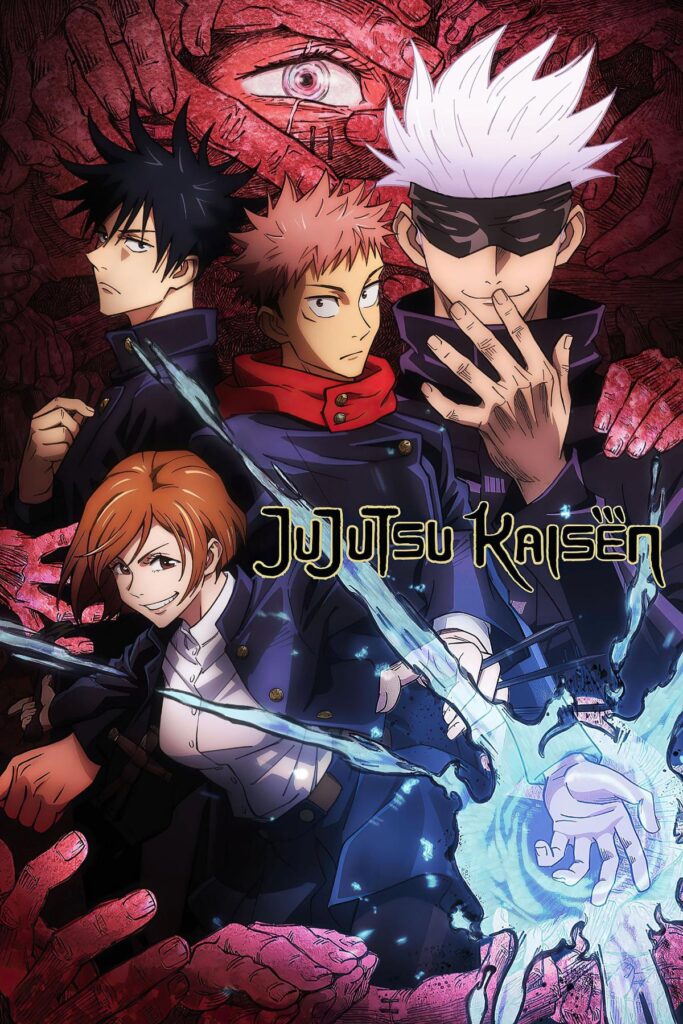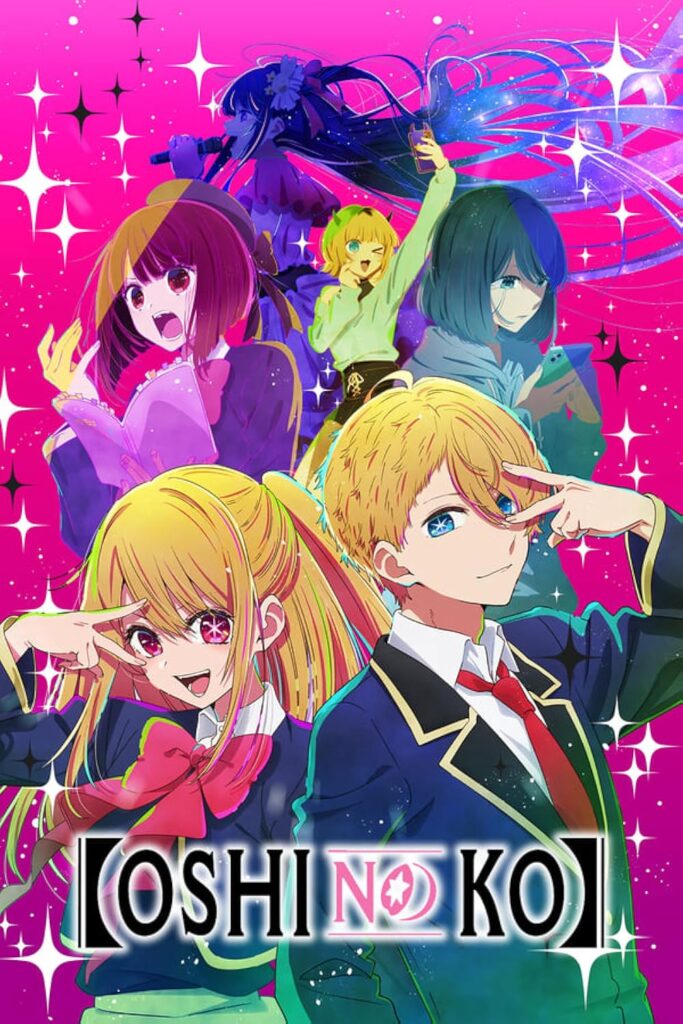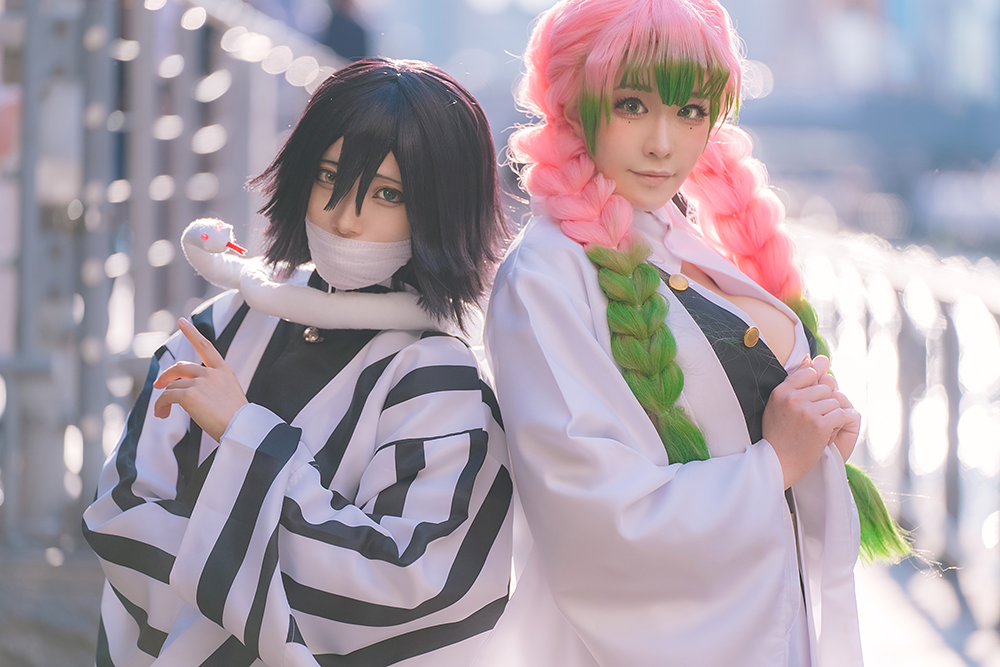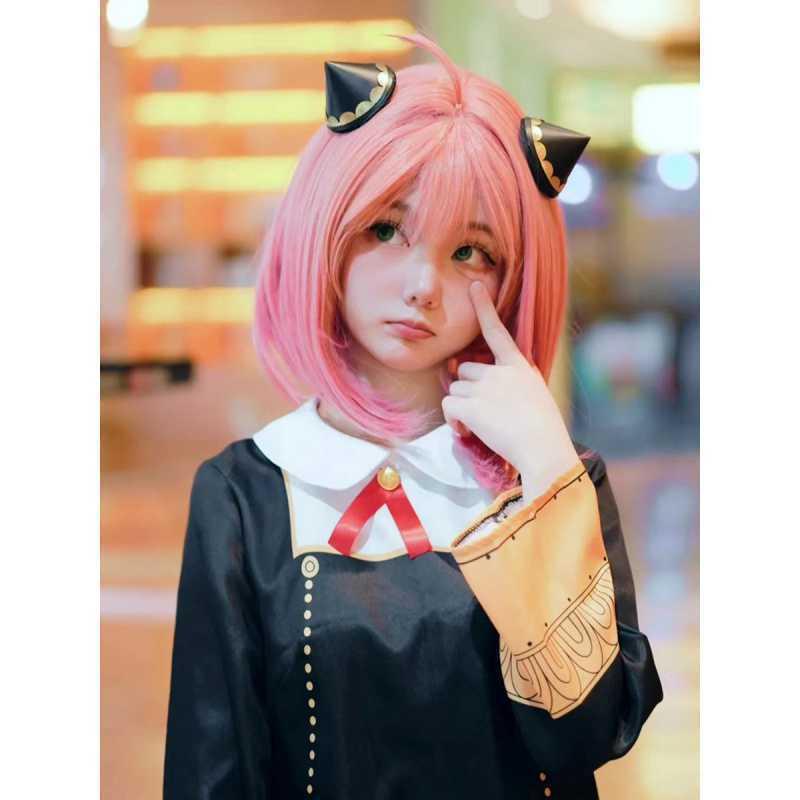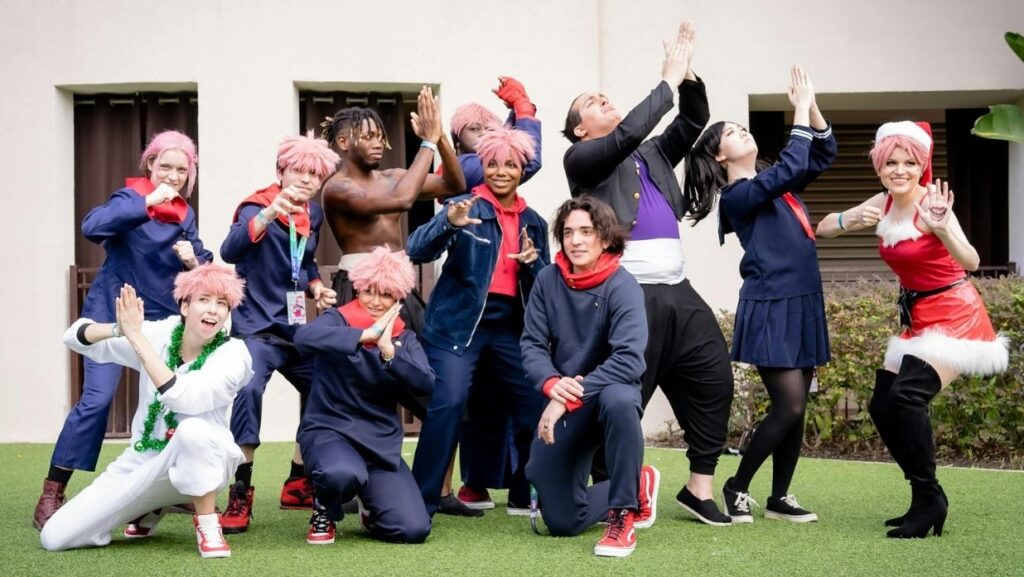Japan is renowned for its rich cultural heritage, technological prowess, and captivating pop culture. But amidst the neon-lit streets of Tokyo and the tranquil shrines of Kyoto, a unique subculture- otaku culture- has captured the hearts of millions worldwide.
Defining Otaku: A Spectrum of Passions
The term “otaku” originally referred to individuals with a deep and obsessive interest in a particular subject, often anime, manga, video games, or technology. However, the term has evolved over time to encompass a broader spectrum of passions, encompassing everything from idols and fashion to historical periods and niche hobbies.
Otaku Activities: A World of Fandom
Otaku engages in diverse activities, each fueled by their unwavering passion for their chosen interests. Their enthusiasm extends beyond mere consumption; they actively shape and celebrate their fandoms.
Here are some of the activities they do:
Anime and Manga Consumption
Otaku immerse themselves in anime and manga, keeping up with the latest releases and forming strong connections with fictional characters.
Where to read manga and watch anime?
Most internet cafes are open 24 hours. Each store usually includes manga, computer rooms, private booths, food, and drinks. Some also have shower rooms if you need to take a quick bath.
Cosplay
Dressing up as favorite characters is a popular otaku activity. Cosplay events and conventions provide platforms for enthusiasts to showcase their creativity and share their love for specific series.
Where to cosplay or watch people cosplay?
Collecting Merchandise
Otaku often has extensive collections of anime-related merchandise, including figures, posters, and other items featuring their favorite characters.
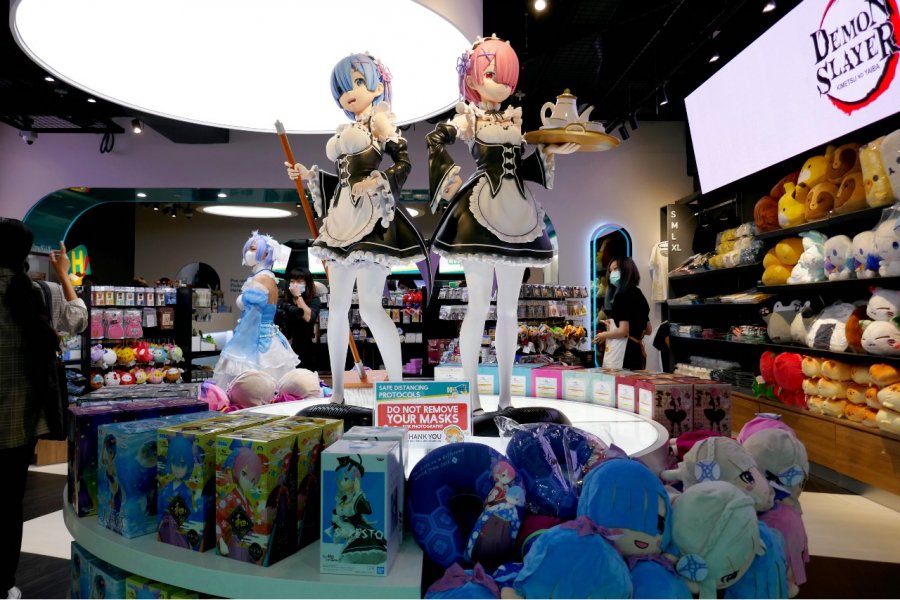
Where to get anime merch?
Here is an Akihabara shopping map.
Here is an Ikebukuro shopping map.
Participation in Fandom Communities
Online forums, social media groups, and fan clubs provide otaku with spaces to connect, discuss, and share their passion for anime and manga.
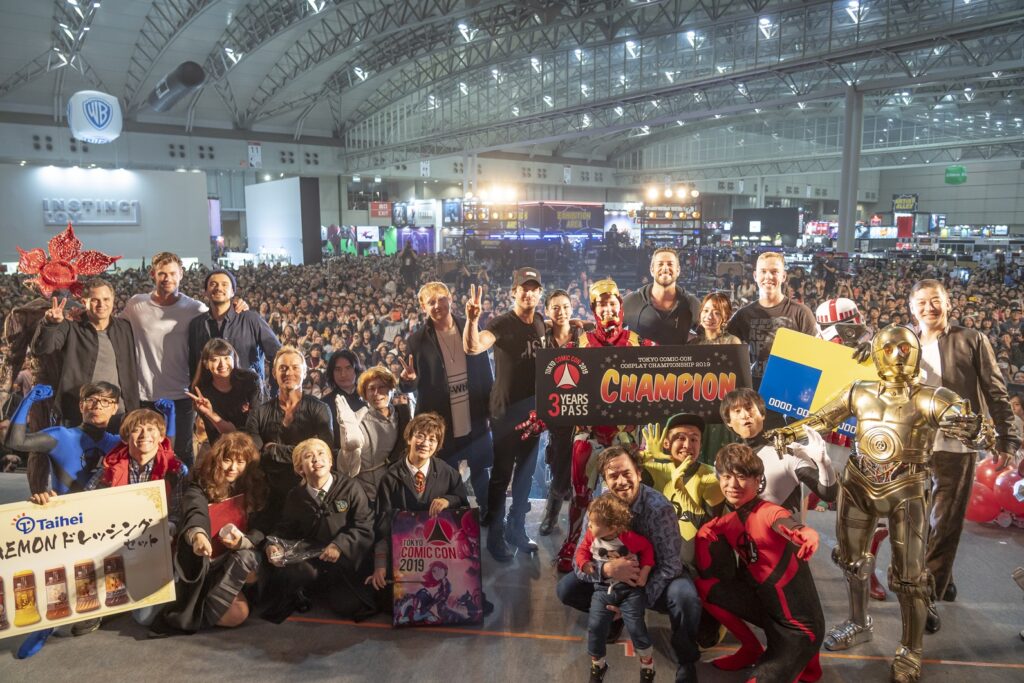

Here are the events you can participate in!
Otagei: The Art of Fan Performance
A defining feature of otaku culture is オタ芸, short for “otaku gei” or otaku performance, a type of synchronized fan performance often seen at anime and idol concerts. Otagei involves fans waving glow sticks and performing coordinated dance moves to the music, creating an electrifying and visually captivating spectacle. It involves synchronized, high-energy dance and chanting performed by fans during live events, especially at anime or idol concerts. Otagei is an interactive way for otaku to engage with their favorite anime songs and show support for their beloved characters. This performance is also seen in anime such as 推しの子 Oshi no Ko. There is also a group of artists called zerouchirestart, in Japan that does this sort of performance.
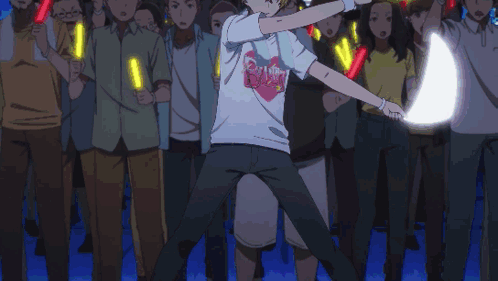
Otaku culture is more than just a hobby or a subculture; it is a testament to the power of passion, creativity, and community. It is a world where individuals can connect with others who share their interests, express themselves freely, and celebrate the things they love.
Vocabularies You Need To Know
| Japanese | Romaji | Meaning |
| オタク | Otaku | Enthusiasts or fans, often of anime and manga |
| アニオタ | Ani ota | This is a shorter way of saying “anime otaku,” which refers to someone who is passionate about anime |
| 漫画 | Manga | Japanese comic books |
| アニメ | Anime | Japanese animated TV shows or movies |
| ゲーマー | Gēmā | This is the Japanese word for “gamer,” and it is often used to refer to otaku who are passionate about video games |
| コスプレ | Kosupure | Cosplay or costume play; dressing up as characters from anime, manga, or video games |
| コスプレイヤー | Kosupureiyā | This is the Japanese word for “cosplayer,” which refers to someone who dresses up as a fictional character from anime, manga, video games, or other media |
| 痛バッグ | Ita baggu | Cosplay or costume play: dressing up as characters from anime, manga, or video games |
| 同人誌 | Dōninshi | A bag decorated with buttons, keychains, and other items featuring your favorite character |
| コミケ | Komike | Short for Comic Market, a major comic convention in Japan where doujinshi are bought and sold |
| オタ芸 | Otagei | Fan performance, especially the energetic and synchronized dance and chants performed at live events |
| 声優 | Seiyū | Voice actor or actress, often for anime characters |
| 萌え | Moe | This is a Japanese word that refers to a feeling of intense admiration or affection for a fictional character |
| ガチャポン | Gachapon | Capsule toys: vending machine-dispensed toys often featuring characters from anime and manga |
You Might Be Wondering…
What is the difference between an otaku and a casual fan?
The distinction between an otaku and a casual fan lies in the intensity and depth of their engagement with their chosen interests. An otaku is someone who dedicates a significant portion of their time and resources to their passion, going beyond mere consumption to actively participate in and contribute to their fandom.
Is otaku culture a negative stereotype?
While the term “otaku” was initially used in a derogatory manner, it has been reclaimed by many individuals who identify with this subculture. Otaku culture is not inherently negative; it is a manifestation of passion, creativity, and community.
Is otaku culture unique and mainstream in Japan?
While otaku culture was once considered niche, it has become more mainstream in Japan. Otaku culture has spread beyond Japan’s borders, attracting fans worldwide who share similar passions. However, it remains deeply rooted in Japanese society, reflecting the country’s unique cultural values and artistic expressions.
Do Only Young People Participate in Otaku Culture?
Otaku culture transcends age, with enthusiasts ranging from teenagers to adults. People of all ages can be seen participating in events, conventions, and online communities.
How can I learn more about otaku culture?
There are numerous resources available for those interested in learning more about otaku culture. Attending conventions, visiting themed cafes and shops, and exploring online communities can provide valuable insights into this fascinating subculture.

